

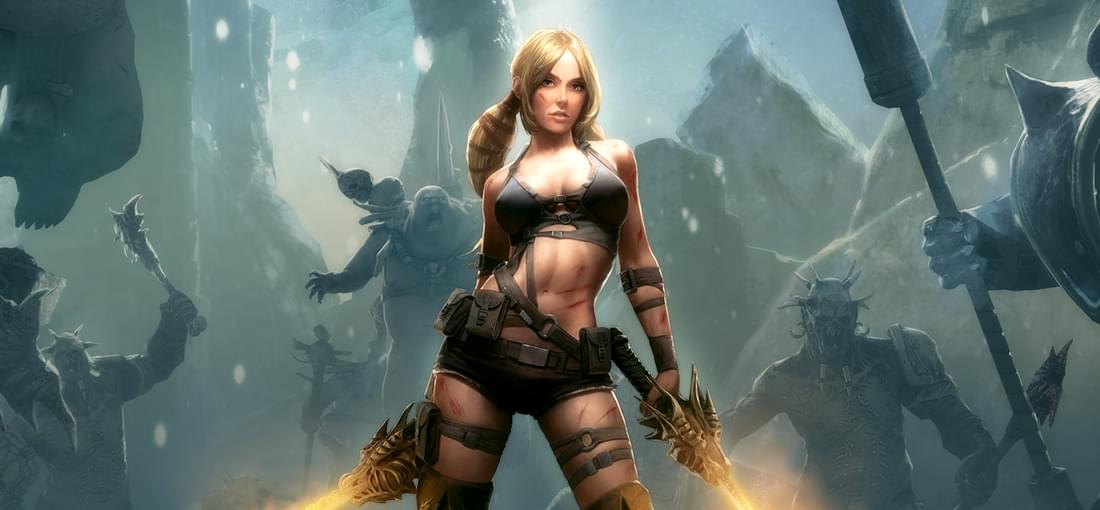
I expected this game to be a chore to play through so I was pleasantly surprised when it turned out to be a fun ride with a pleasant, sometimes beautiful, aesthetic that holds up quite well for a game released in 2012. Unfortunately, the story is pretty bare bones, an excuse to prompt you to complete your quest, getting somewhat interesting towards the final two or three levels. The English voice acting is, sadly, dreadful, so much so I immediately switched to the better Japanese track. The meat of this game however, is its gameplay, particularly Ayumi's singular ability to rewind time, a mechanic I hadn't seen in a game since 2007's TimeShift. Time Rewind allows Ayumi to create duplicates of herself, what is key to solving certain puzzles and defeating specific enemies or bosses and may take some time getting used to (I don't remember much in the way of a tutorial). Beyond this unique skill, our female treasure hunter (the Lara Croft parallels are obvious) is given the standard treatment: she gets to equip different melee and ranged weapons, use three different magical abilities and upgrade them, and change her skimpy outfit into something less revealing but all the same alluring (there are three costumes in total that you unlock naturally as you play). Ayumi's combat animations are quite impressive, reminding me at times of Platinum's work on Nier: Automata. If all you're looking for is a short (takes about 10 hours to complete) but enjoyable and challenging (that last boss is a nightmare) hack-and-slash with some interesting puzzles, then I have no qualms recommending Blades of Time, even at its current full price.
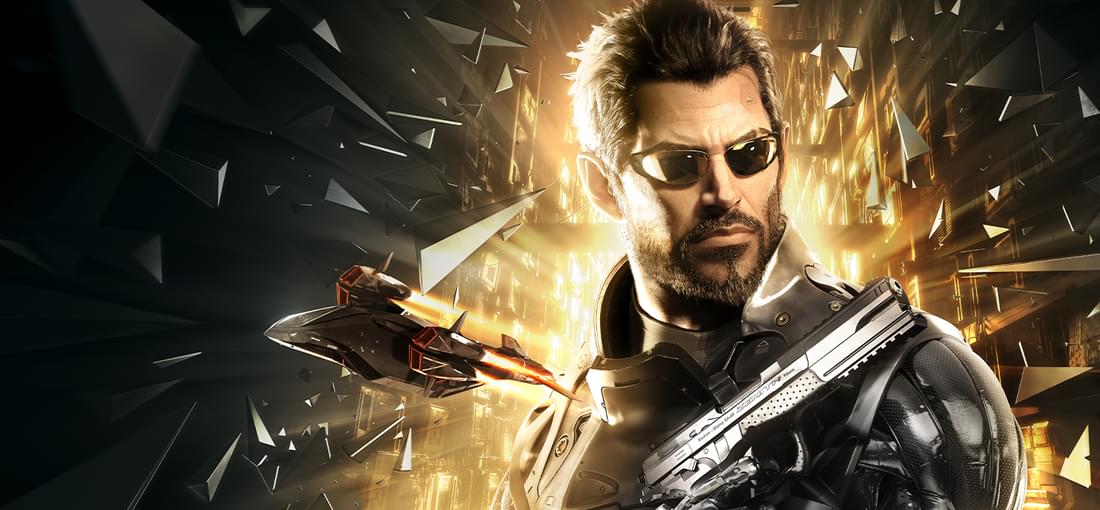
Two years after the events of Human Revolution, Mankind Divided finds Adam Jensen working for an anti-terrorist intelligence and response team, known as Task Force 29, and the Juggernaut Collective, a global hacktivist group determined to bring the Illuminati secrets into the public eye. A terrorist bombing early in the game sets the stage for Adam to find the perpetrators behind it, possibly manipulated by the Illuminati to spur sentiment against augmented people. Unfortunately, some of the more interesting plot threads from the first game, such as White Helix's research, are left by the wayside. While featuring a weaker main storyline than its predecessor, it's still a competent one that succeeds at creating a more gripping atmosphere thanks to the superior and well-integrated side quests that constantly reinforce the narrative and evolve as you enter Act III. The TF29 headquarters deserve a special nod in the atmosphere department, constantly buzzing with activity and giving the impression people were actually working there and running other ops. Gameplay-wise it follows the trail laid out by Human Revolution, with augmented abilities that need to be unlocked and upgraded via praxis kits and the tetris-like inventory management. Multiple paths are available to tackle each mission depending on your abilities and even Bosses can be taken down in other ways besides blowing them to kingdom come. For better or worse, Mankind Divided laid the groundwork for future sequels, raising many more questions than it conclusively answers regarding the overarching narrative of the Illuminati’s secret agenda and Adam’s place in it. For my part, the gameplay and atmosphere eclipsed its main storyline, delivering as good an experience as Human Revolution. One can only hope Jensen’s next adventure is not too far off into the future and that we’ll see familiar characters from both entries return to help our favourite augmented cop uncover this worldwide conspiracy.
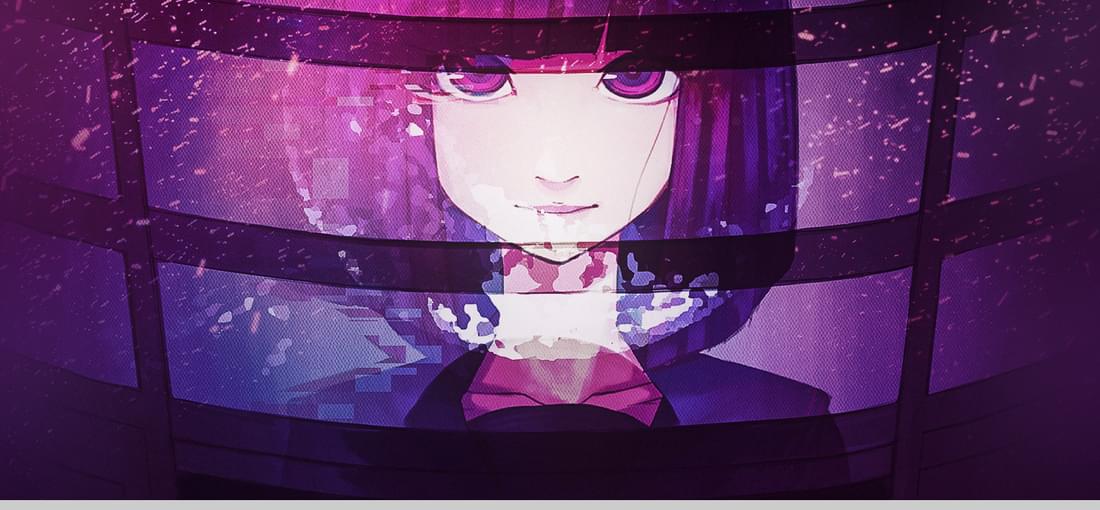
From the moment I started playing I couldn't put this game down. It's remarkably simple yet engaging, playing more like a VN than anything. You just mix some drinks and change lives, listening to your clients' stories and sometimes giving helpful advice. I really liked the characters and was surprised by how thought-out the relationships and back stories were; it has a depth you won't often find in your run-of-the-mill RPG. The art design bothered me a bit at first, but I grew fond of it surprisingly quickly (so much so that I'm not too thrilled about the change in N1RV Ann-A). What struck me the most was how cozy and welcoming the bar felt despite its simplistic design, to the point I wouldn't have minded playing a few more hours. If I have one critique though, is that I wish the TV had had something more to show than the same static images every time I changed the channel. Also, it's a bit of a shame that the GOG version doesn't have any achievements. Not a bad way to start the new year all things considered.
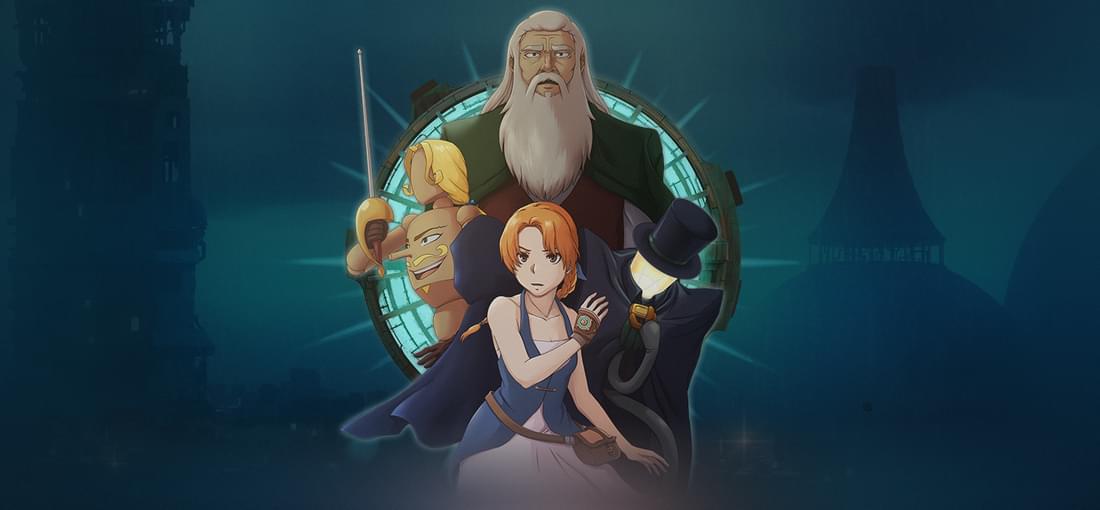
Forgotton Anne pleasantly surprised me with its colourful and imaginative world and characters, outstanding voice acting, and solid soundtrack. It's a game with a beautiful aesthetic, evident from the screenshots, that makes you the protagonist of an animated adventure with high production values. Anne is the Enforcer, tasked with enforcing the law in a world of forgotten objects turned sentient, called Forgotlings. When a group of rebel Forgotlings strike a power plant, Anne will have to track down the mysterious rebel leader and uncover the truth about herself and this world. Equipped with the Arca, a glove that allows you to manipulate anima, Anne will often be presented the choice of 'distilling' Forgotlings or sparing them, opening or closing certain doors for you. At its (mechanical) heart, the game is a puzzle-platformer that revolves around your use of the Arca to open doors, power up consoles, etc. Puzzles are not terribly difficult with the odd exception. You're also equipped with a set of wings that allows access into certain areas, but they require your Arca to be full. Exploration is encouraged by way of collectibles and, in fact, a feature is later introduced that allows you to replay certain levels to track down memorabilia and unlock achievements. While the story itself is largely predictable, it is by no means any less good for it and was, to my mind, perfectly executed. The only objection I could raise here is that one of the endings feels slightly undercooked. Forgotton Anne is a charming animated adventure that will pull at your heart strings at times and make you smile for being allowed to partake in this world of ill-tempered teddy bears, trigger-happy guns, and Shakespearean mannequins. It'll probably take you around 9 hours to beat, accounting for all collectibles. For my part, it was well-worth its asking price and I highly recommend it. Use of a controller is recommended.

I don't make this comparison lightly, as Abzû might be for PC what Journey was for PS3. Gris is another great example on how a game can exquisitely combine gorgeous artwork with an infinitely beautiful soundtrack, and provide an engaging and rather creative gameplay experience. Indeed, I'd go so far as saying that is one aspect where Gris actually stands out, with puzzles that are quite simple but require some lateral thinking from the player at times. The level design is fairly intuitive and I was hardly ever stumped as to what to do or where to go to next. Or maybe I was too busy enjoying the watercolours and landscapes to pay much attention to where I was going. While Gris won't take more than 4 to 6 hours of your life, depending on whether you've found all collectibles, it is a visual and auditory spectacle well worth your time.

Abzû, released in 2016, is an absolute beauty to play, combining wonderful pastel colors under the sea with a mesmerizing soundtrack composed by none other than Austin Wintory (Journey, The Banner Saga). The game follows a mysterious diver as he explores the depths of the ocean, uncovering ancient ruins, and restoring life to the underwater ecosystem. It is a fairly linear experience, taking about 2-4 hours long to complete, depending on whether or not you decide to take your time and playfully explore your surroundings or simply stop and meditate to the zen-like music. While a bit difficult to recommend at $20 content-wise, I do encourage you to get this if it's on sale. It's a gem of a game that everybody should play. Use of a controller is recommended.
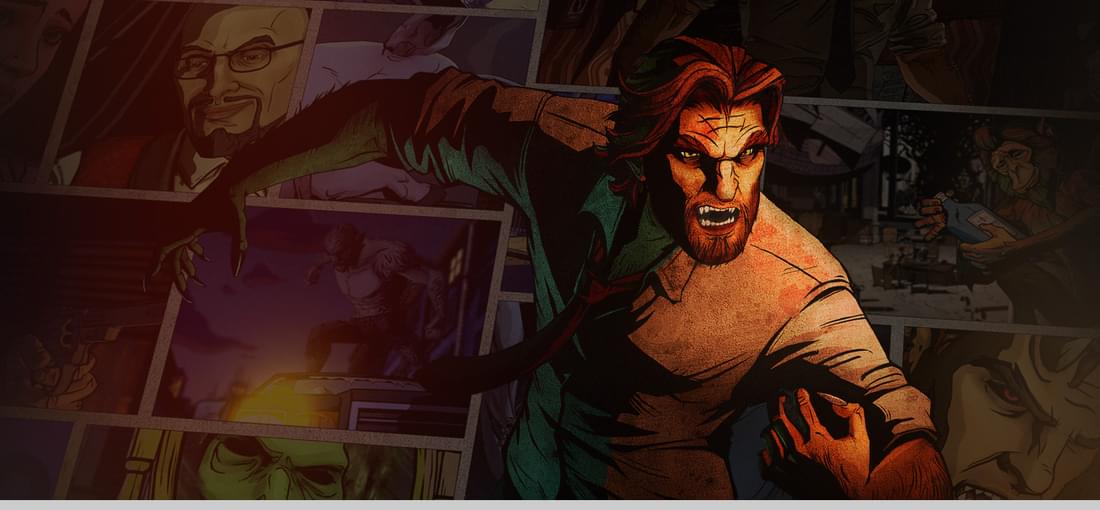
Based on the excellent Fables comic book series by Bill Willingham that explores the lives of fairy tale characters living in modern-day Manhattan, The Wolf Among Us places us in the role of Bigby Wolf some twenty years prior to the events in Fables. Bigby’s the sheriff of Fabletown and right off the bat he’s tasked with investigating the murder of a woman, probably committed by one of Fabletown’s own. Undoubtedly, one of the game’s greatest strengths is the source material it draws from to create a unique tale of its own, combining a great soundtrack and color scheme (check the comics, that one’s all Telltale) that work wonders building an atmosphere befitting a noir murder mystery. Solving puzzles is perhaps one of mankind’s greatest weaknesses and while we all love a good detective story, some are definitely better than others and none are better than British TV at that (Poirot, Morse, Marple, Sherlock, etc.). The Wolf Among Us reminded me of those great detective stories where we follow the lead (and his partner) as he interrogates each suspect, make guesses as to who had the motive, means, and opportunity, and wait for all to be revealed in that final room scene. This time around, however, we’re the ones putting together the clues and gathering the suspects in a room to finally reveal the culprit. Like any good murder mystery, The Wolf Among Us has many twists and turns that keep us guessing who’s lying and what they’re lying about, and more than a few surprises along the way. As a plus, Fables connoisseurs can enjoy the wonderful back-and-forth between Bigby and Snow (White). I’m definitely looking forward to the two resuming their investigative partnership in a second season. Ultimately, if you enjoy Telltale games, with all their caveats (illusion of choice and limited interactivity being first and foremost), then it's likely you'll enjoy The Wolf Among Us as it's easily one of their best stories.
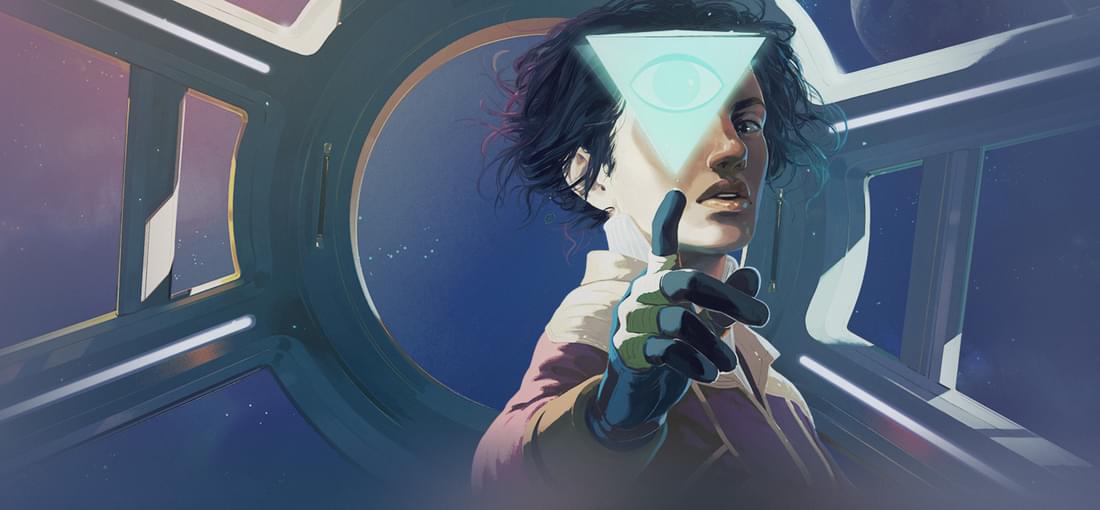
If it feels like I was playing a similar game at around the same time last year, it's because I was. Tacoma reminds me in several ways of The Turing Test, another first-person adventure game where you also explore an abandoned facility in space and gather clues by exploring your surroundings. Both games feature an AI, though in different capacities. Whereas in The Turing Test an AI accompanies you throughout your journey, in Tacoma you explore your surroundings via augmented reality (AR) and see the crew's interactions with each other as well as the onboard AI, ODIN, at different times before the accident. It's a really creative way through which to build the narrative and you'll soon find yourself tracking the different crew members to find out what they were up to in the hours or days leading up to the accident. In a way, it feels like you're solving a murder mystery, piecing together the clues to reveal the villain at the heart of it all. Unlike The Turing Test however, and save for a few codes you can find to open lockers, there are no puzzles to solve in Tacoma, no obstacles to stop you from advancing the narrative other than the aforementioned events' reconstruction. This does make for a rather short experience, clocking at around 3 hours going by GOG Galaxy's records. Still, if you're looking for a purely story-driven experience, Tacoma might be the thing for you, managing to create a suspenseful atmosphere that will urge you to figure out what happened to the crew of Tacoma and what your purpose aboard the station is. Having said that, its asking price of $19.99* is probably a little on the steep side for such a short adventure. Recommended at a discount. *In the interest of full disclosure, I paid $11.39 due to regional pricing.
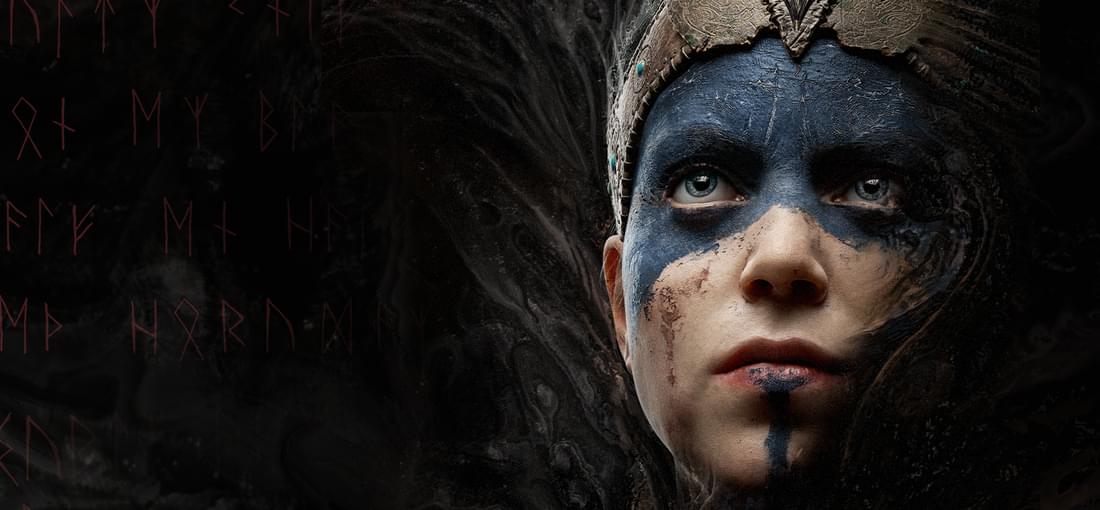
Even if it hadn't gotten the depiction of psychotic mental illness right, and by all accounts it does, Hellblade is still an engrossing psychological horror story about a Pict warrior who travels to Hel to resurrect her beloved. In so doing you'll learn more about Norse mythology and relive memories of your troubled past, all the while dealing with the voices and visions that constantly plague you and threaten to overwhelm you. A lot of effort was put into making this game and it shows. For instance, the developers made use of binaural audio (the use of a headset is recommended) to give the sensation that the voices are in the room with you and thus give us a glimpse of what Senua has had to constantly endure throughout her life. Voice acting was, to my mind, excellent across the board as was Melina Juergens' performance as Senua. The mocap really managed to get across the nuances of her facial expressions and the warring emotions inside of her, be them fear, pain, anxiety, anger, joy, or sheer relentless determination. Fun fact about Melina Juergens, she's the studio's video editor and not a professional actress! Colour me impressed. It's a purely narrative-driven (and linear) experience, clocking at around 8 hours for a completionist run, so it may not be for everyone. Combat is restricted to a single melee weapon but it feels powerful, if perhaps a tad repetitive (not that I cared when I was slicing enemies left and right). Progression is also determined by your resolution of certain puzzles that seem to reinforce Senua's psychosis. The game also features a great soundtrack, composed alongside its development, that hopefully will be released soon. All in all, it's an exceptionally well-crafted story for a game half the price of an average AAA title. Personally, I think it's a serious contender for GOTY, not simply because of its respectful handling of a subject matter most developers would rather pass on, but because it's a great game on its own right.
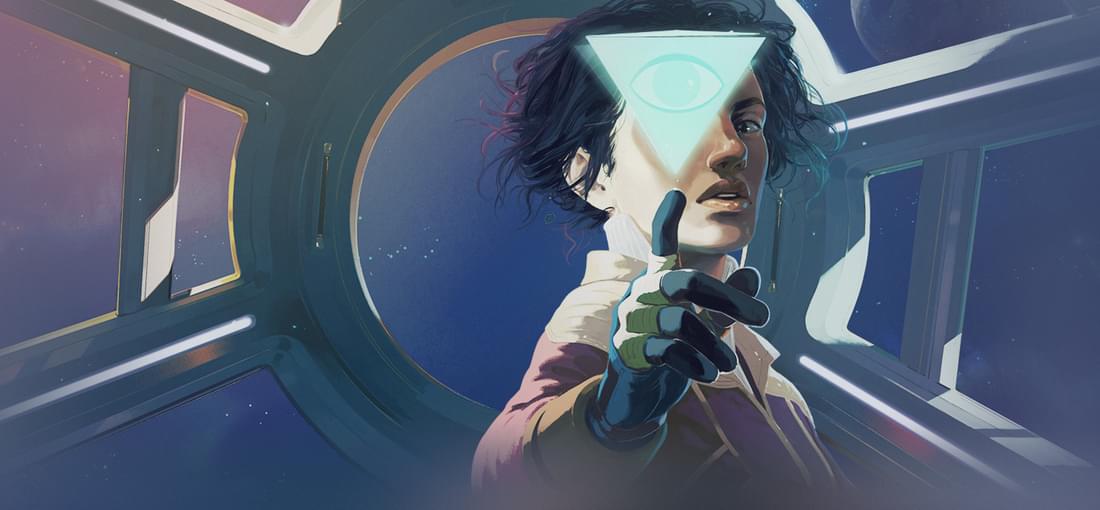
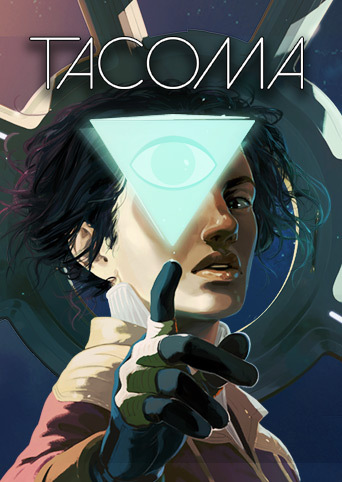
If it feels like I was playing a similar game at around the same time last year, it's because I was. "Tacoma" reminds me in several ways of "The Turing Test," as you explore an abandoned facility in space, gathering clues by exploring your surroundings. Both games feature an AI, though in different capacities. Whereas in "The Turing Test" an AI accompanies you throughout your journey, in "Tacoma" you explore your surroundings via augmented reality (AR) and see the crew's interactions with each other as well as the onboard AI, ODIN, at different times before the accident. It's a creative way through which to build the narrative and you'll soon find yourself tracking different crew members to see what they were up to. Unfortunately, unlike "The Turing Test," there are no puzzles to solve in "Tacoma" (unless you count finding the code to a locker here and there), no obstacles to stop you from advancing the narrative, turning it into a bit of a short experience all around. Going by GOG's records, it took me a little over 3 hours to beat. Still, if you're looking for a purely story-driven experience, "Tacoma" might be the thing for you, managing to create a suspenseful atmosphere that will make you ponder exactly what happened to the crew of Tacoma and what your purpose aboard the station is. Having said that, I feel its asking price of $19.99* is a little on the steep side for such a short adventure. Recommended at a discount. *In the interest of full disclosure, I paid $11.39 due to regional pricing.